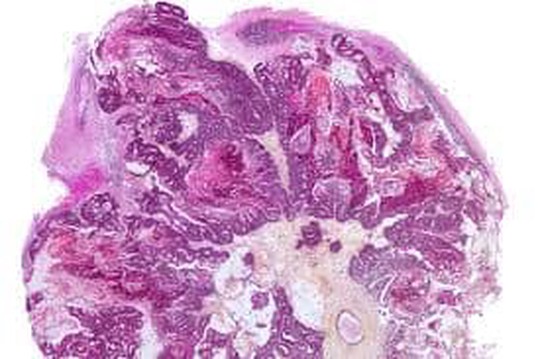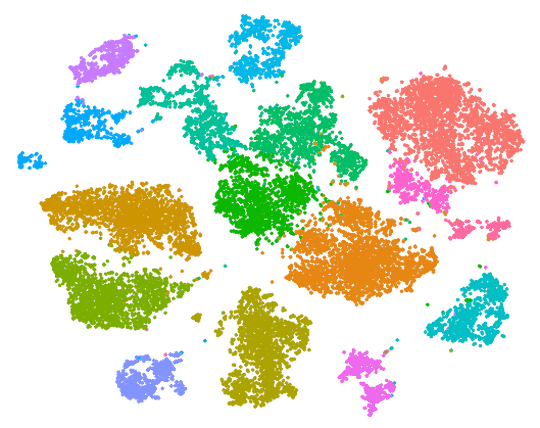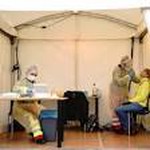Join us!
Always looking for talented and curious candidates at the postdoctoral, predoctoral, and undergraduate levels.
PhD and Master’s students
The lab is opening in the summer of 2020 and is seeking highly motivated students to develop and study novel approaches in translational bioinformatics, or the application of analytic and interpretive methods to optimize the transformation of genome-scale data of many types into proactive, predictive, preventative, and participatory health.
Ideal candidates will have:
- Strong background in bioinformatics, computational biology, biostatistics, and genomics.
- Strong problem-solving skills, creative thinking, and the ability to build new software tools as needed are required.
- Applicants must possess good communication skills and be fluent in both spoken and written English.
- A background in molecular biology or medicine or pharmacology will be a strong plus. Prior experience with genetic, drug, or clinical databases, machine-learning, deep-learning, text-mining and knowledge representation is a plus.
To apply, please send your CV and research interests to aran.lab.technion@gmail.com.
Postdoctoral researchers
We are looking for fully-funded postdoctoral researcher to work on some exciting projects. Candidates are expected to have a track record of bioinformatics and or clinical informatics analysis.
There is also an option of co-advising postdoctoral researchers with other computational or experimental labs. An example might be an experimental postdoc with their own biological question for which there are no current analysis tools.
If interested, please send the following to aran.lab.technion@gmail.com:
- A short research statement on your goals
- Your CV
- Contact information for three references
















